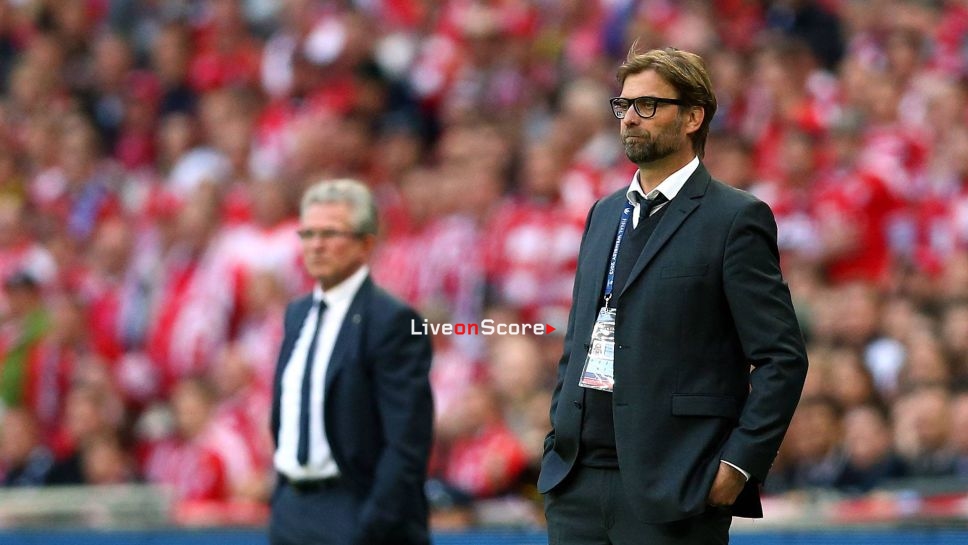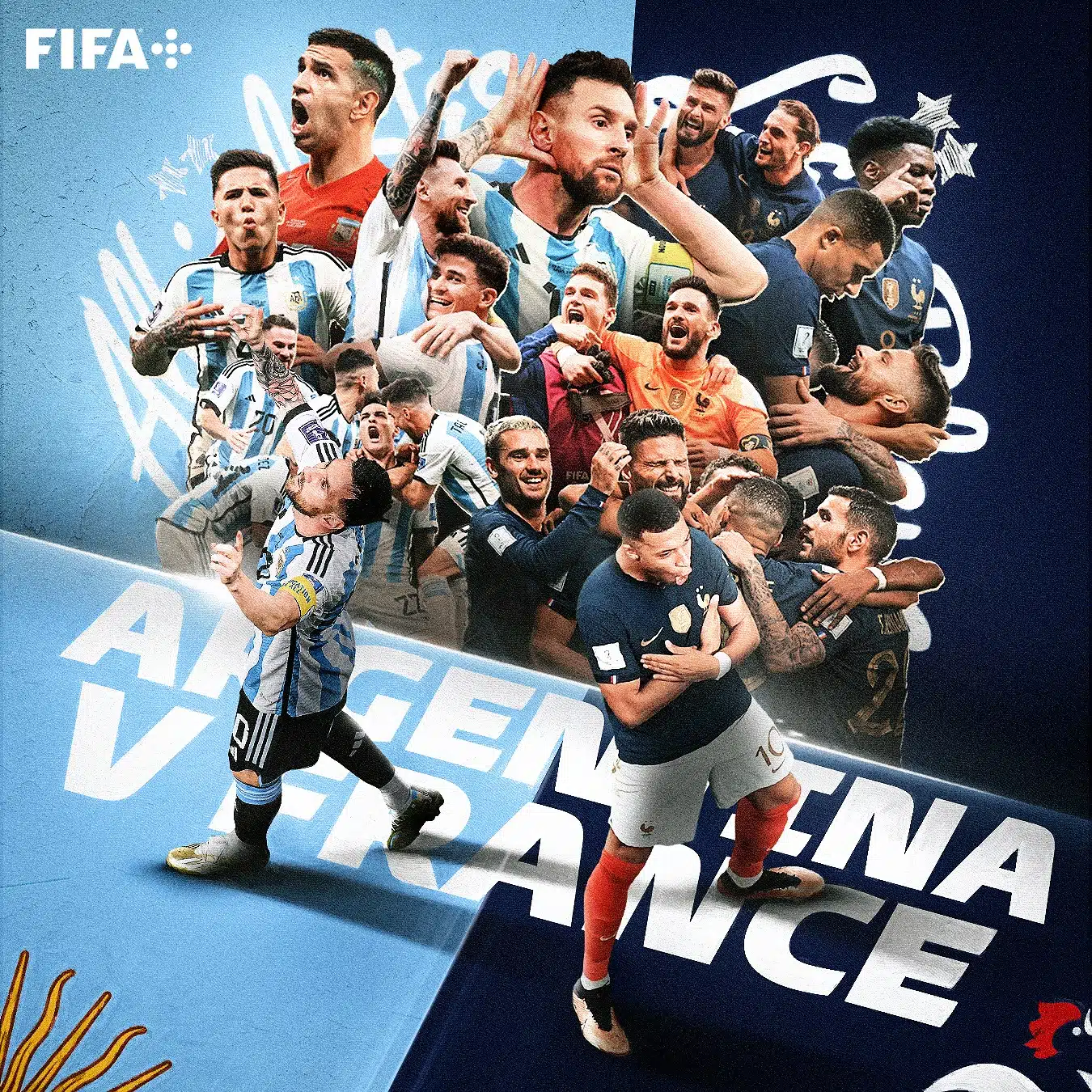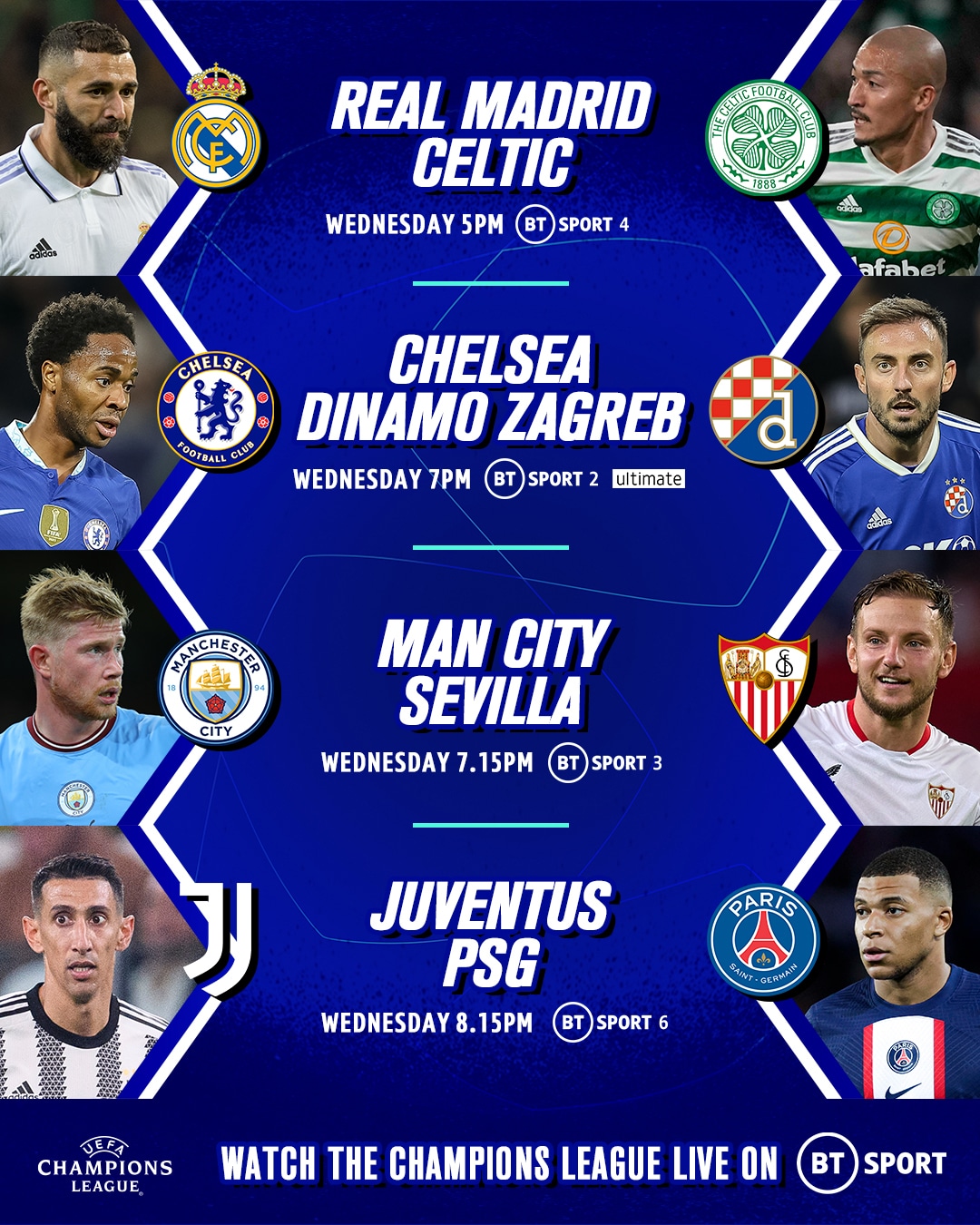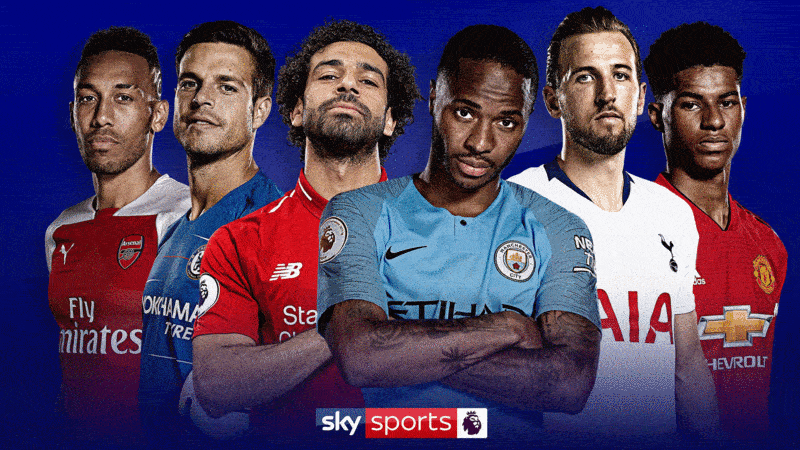The 2013 UEFA Champions League Final: Borussia Dortmund vs Bayern Munich
Five years after missing out to Heynckes for the Champions League title, Jürgen Klopp is looking to get his hands on the trophy with Liverpool.
Sports Livestream ⚽ JOIN NOW for FREE
Instant access to the BT Sport, Sky Sports and Eurosport
Former Borussia Dortmund coach Jürgen Klopp gets his second shot at UEFA Champions League glory when Liverpool take on holders Real Madrid in the 2018 final on 26 May.
Much has changed in the five years since Dortmund lost the first-ever all-German Champions League final to Bayern Munich, but Klopp’s all-out-attacking philosophy remains as potent and relevant as ever.
liveonscore.com revisits the 2013 final at Wembley Stadium, before retracing Kloppo’s steps to Liverpool – and this season’s Champions League final in Kiev.
Borussia Dortmund
Klopp’s Dortmund had just been made to relinquish their two-year stranglehold on the Bundesliga, coming up second best to Bayern – the familiar foe they themselves had deposed in 2011. The Champions League offered the chance at redemption and what would have been the crowning achievement of Klopp’s whirlwind tenure.
Klopp arrived in Dortmund in 2008, although the Westphalians actually had a stroke of Mainz misfortune to thank. His failure to guide the 05ers back into the Bundesliga – missing out only on the final day of the season – led to him delivering on a tearful promise to leave, linking up with a Dortmund side who had ended the season on 40 points and in 13th place.
Sixth place was a significant improvement at the end of Klopp’s first season in Westphalia, although they missed out on Europe by a whisker. An improvement to fifth in his second season, and Europa League qualification, was eclipsed by Dortmund’s first Bundesliga title in nine years 12 months later. A Bundesliga and DFB Cup double followed a year down the line as Klopp’s youthful squad, including the likes of Mats Hummels, Nuri Sahin, Robert Lewandowski, Mario Götze and Shinji Kagawa, set a new gold standard in German football.
It was with high expectations, then, that Dortmund sought a hat-trick in 2012/13, determined also to re-establish themselves as a European force. Despite being drawn alongside Manchester City, Real Madrid and Ajax in a so-called ‘group of death’, the Stuttgart-born coach not only guided Borussia to the top of Group D, but he also led the club to a first Champions League final since 1997, beating Madrid in the semi-finals, and establishing himself as one of the world’s brightest tactical minds in the process.
Bayern Munich
While Klopp was giving Europe a taste of what the Bundesliga had already become accustomed to, back home Bayern were reasserting their authority on the Bundesliga under Heynckes, sealing the title with six games to spare thanks to a Bastian Schweinsteiger goal against Eintracht Frankfurt.
With the Bundesliga in the bag, Bayern breezed through the Champions League group stage, made light work of Juventus in the quarter-finals – winning 2-0 home and away – before laying down an emphatic marker in the semi-final with a 7-0 aggregate win over Barcelona. Only Klopp’s Dortmund could stop the Bavarians finishing the job and burying the memories of their Finale Dahoam defeat to Chelsea a year earlier.
The final
It was the showdown everyone had been talking about – the Bundesliga’s top two in one, winner-takes-all encounter – and it didn’t disappoint. Dortmund’s gung-ho start had Bayern on the back foot, with Lewandowski’s curling strike forcing a fingertip save from Manuel Neuer. The Germany No1 was called on again moments later, somehow getting a toe to Jakub Blazczykowski’s close-range volley. Dortmund were relentless to say the least, but Neuer was at his unwavering best between the Bayern posts, gobbling up quick-fire efforts from Marco Reus and Sven Bender.
Twenty minutes had passed before Bayern finally awoke from their slumber as Robben found Mario Mandzukic, whose free header brought the best out of BVB goalkeeper Roman Weidenfeller. Dortmund’s ball-watching back four didn’t heed the warning and were rather fortunate to see Javi Martinez direct the ensuing corner over the bar. The Yellow-Blacks were rocking, but Robben failed to take advantage, poking straight at the spread-eagled Weidenfeller.
Dortmund’s riposte wasn’t long in coming, with Lewandowski once more the instigator – the Poland international left Jerome Boateng on his back, but was unable to steer past the onrushing Neuer. The chances were coming thick and fast and the men in red might have taken the lead but for a combination of hesitancy on the part of Robben and the cat-like reactions of Weidenfeller, the Dortmund stopper twice foiling Bayern’s flying Dutchman towards the end of a pulsating first half.
Bayern’s momentum started to build before the break and it came as little surprise to see the Bundesliga champions follow up 45 hell-for-leather minutes of Bundesliga-orchestrated action with the opening goal. Franck Ribery’s slide-rule pass found the feet of Robben, who held off his marker before rolling the ball across goal for Mandzukic to tap home his third Champions League goal of the season. The lead didn’t last long, though, as Dante sent Reus tumbling in the box with Ilkay Gündogan calmly sending Neuer the wrong way from the spot.
Weidenfeller found himself in no man’s land as Bayern attempted to reassert their authority on the contest, but Neven Subotic was on hand to spare his keeper’s blushes with an heroic goalline clearance at the feet of Robben. Dortmund’s goalkeeper cut a relieved figure and redeemed himself as the half ticked on, twice throwing up a pair of steel-like wrists to deny David Alaba and Schweinsteiger from range.
Poised on a knife edge, Bayern summoned one final show of strength with a minute of normal time left to play. Ribery’s inventive back-heel found Robben, who burst away from Mats Hummels before slotting past Weidenfeller to send the red and white half of Wembley into raptures, leaving Klopp to ponder what might have been.
What happened next?
The Bundesliga’s and Europe’s top dog, Bayern went on to claim an unprecedented treble after beating VfB Stuttgart in the 2013 DFB Cup final. In most circumstances, Heynckes’ retirement would have spelled good news for Dortmund, but in this case – with former Barcelona coach Pep Guardiola returning from sabbatical to take charge of Germany’s most successful club – it only made Klopp’s job harder.
Bayern won the title in all three of the Catalan’s seasons at the helm, finishing some 19 points clear of Klopp’s Dortmund in 2013/14 and beating their nearest pursuers 2-0 after extra-time in the final of the DFB Cup.
Dortmund were beaten finalists again in 2015, this time losing to Wolfsburg in what was Klopp’s final game in charge. The spectacled-wonder had already announced his decision to leave the club at the end of a particularly trying campaign, even though Dortmund did manage to salvage a seventh-placed finish, despite sitting bottom of the table in February.
BVB also lost in the quarter-finals and last 16 of the Champions League respectively in Klopp’s final two seasons in charge, while Bayern reached the last four. “I always said in that moment where I believe I am not the perfect coach anymore for this extraordinary club I will say so,” said Klopp, after asking to be released from his Dortmund contract, which had been due to run until 2018.
I really think the decision is the right one. This club deserves to be coached from the 100 percent right manager. It’s not that I’m tired, I’ve not had contact with another club, but I don’t plan to take a sabbatical.
Sure enough, Klopp returned to management in October 2015, joining Liverpool on a three-year deal.
Four months after taking over, Klopp guided the Reds to the League Cup final, where they were unlucky to lose on penalties to Manchester City. He also masterminded Dortmund’s downfall in a thrilling Europa League tie, but came up short in the final to holders Sevilla.
As disappointing as it was, a season without European football – Liverpool finished eighth in Klopp’s debut campaign – allowed the Anfield club to focus on matters closer to home.
They had their moments before a mid-season dip in form put the kibosh on any serious title talk, but the Reds did enough to finish fourth, notably only two points shy of a Man City side now coached by Guardiola.
In any case, Liverpool achieved their minimum season requirement of Champions League football, thanks to an ominous display in the play-offs to down Hoffenheim 6-3 on aggregate. Blueprint in hand, it has been full-steam ahead ever since.
After finishing top of Group E, Klopp’s free-scoring army thrashed Porto 5-0 in the last 16 and Man City 5-1 over two legs in the quarter-finals. Although their semi-final tie with Roma proved a far closer-run affair – a 7-6 aggregate win – Klopp’s Liverpool are deserving finalists.
If nothing else, Klopp has stuck to his guns. Once again, his high-pressing, high-octane attacking football has shaken the European football landscape to its very core; the epitome of shackles off, just as it was at Dortmund all those years ago.
A Madrid side Klopp’s BVB famously accounted for en route to the final in 2013 will not know what’s hit them.







